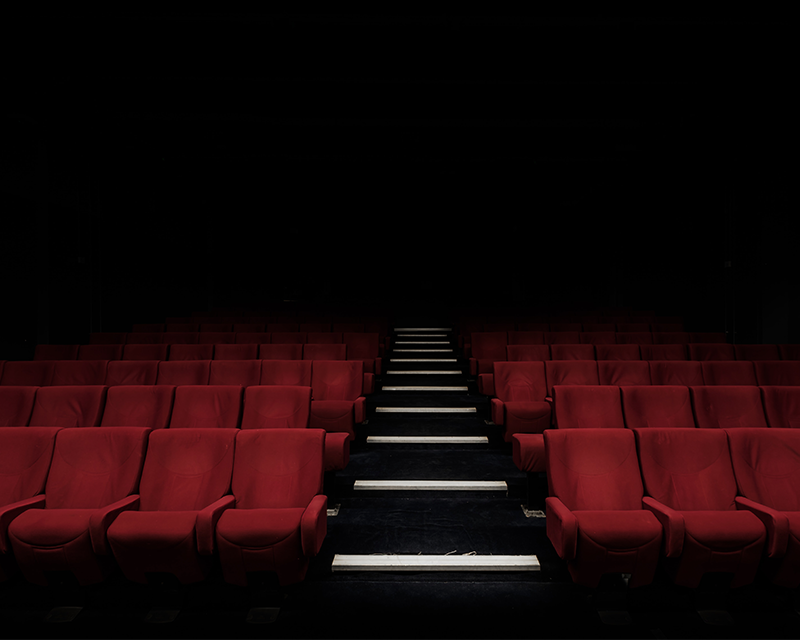Since February, Korean movie industries have struggled to survive amidst the coronavirus pandemic, especially after the introduction of the social distancing measures. For a month, cinemas experienced a significant reduction in ticket sales, about one seventh of last year’s, which resulted in 35 CGV cinemas shutting down on March 26. In response to the sudden collapse of the film industry, the government and many movie distributors have made efforts, such as funding and searching for ways to release new films, to revive the cinemas. Another way was suggested by the film industries themselves: zero-contact cinema. In late April, as CGV and Lotte Cinema started to reopen their theaters, this new system was introduced, and people have been able to enjoy the movie with minimum contact since then.
“I understand that the whole process, shooting, production, and release of films, has been delayed or canceled,” said Tim Gardes, a secondary librarian. “Therefore, the industries may have to be creative about generating revenue outside the existing ways. The current practice of re-releasing older films is a smart one since many people are happy to rewatch older movies; it is different than watching a movie at home or on the subway. Zero-contact cinemas are another option. This would have happened eventually, but the current situation had sped up the process.”
In order to minimize contact, cinemas are first strictly implementing social distancing measures. The seatings and screenings are regulated, and temperature checks are constantly done by thermal cameras. People are permitted to go inside the theater after their hands are sanitized, and after each movie, seats are carefully disinfected to reduce the risk of the virus. Additionally, there are zero-contact services called smart kiosks, which are automated self services, and self driving robots to help and guide the customers. Moreover, CGV hosted an event called “I Watch Alone” that allowed people to rent a theater for only 30,000 won to watch a movie with few of their friends and families.
“I recently read about how movie theaters are coping with the social distancing measures,” said Xavier Kim (10), who has been following up with the news. “I do not think many people are aware of how much effort cinemas are putting in to prevent the possible spreading of the virus. If more people know about these strict measures and utilization of zero-contact services, the film industries will gain more viewers. They are good examples of how facilities should behave toward this pandemic since they are greatly reducing the risk of infection while keeping the business alive.”
The strict implementation of social distancing measures assured people about minimum contact and appealed to some who wanted to safely enjoy outdoor activities. However, “I Watch Alone” event indeed grabbed the most attention, especially from the moviegoers. The social media post advertising it has rapidly spread since mid-April, and tickets were sold out before the closing date. Ticket buyers had considered it as a good opportunity to hold special events with their families and enjoy the entertainment during this difficult time period. Although the ticket sales were still low, this effort to revive the film industry was somewhat successful in attracting some movie audiences.
“I think “I Watch Alone” is a brilliant event,” said Kate Hyun (10), who has seen people posting their tickets on social media. “It provides an opportunity for movie fans to go to a theater without worrying about the virus. Many people are missing the times when they went to the cinemas freely, so I think this is definitely an event they would want to go to. Although some people say that the theaters are already empty and there is no need to participate in the events, I still think these efforts helped gain attention from the moviegoers.”

